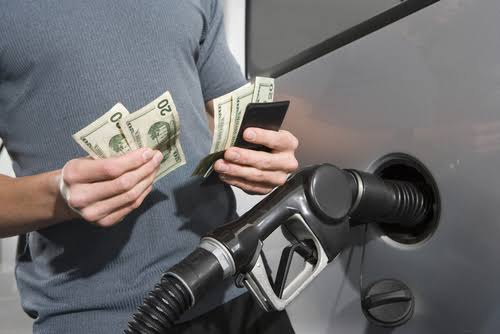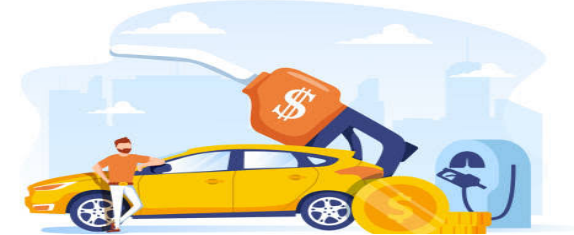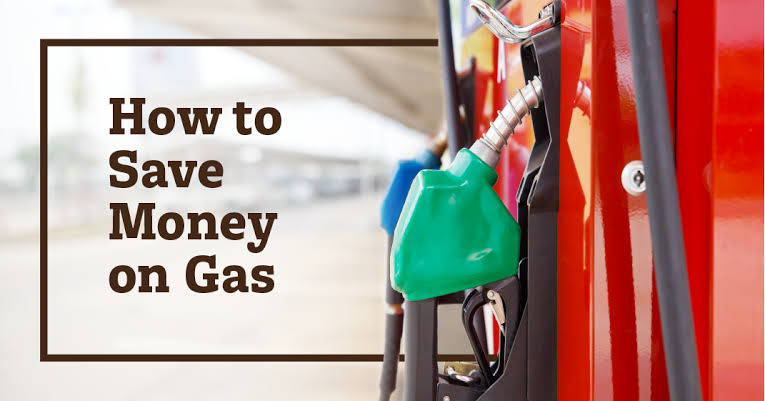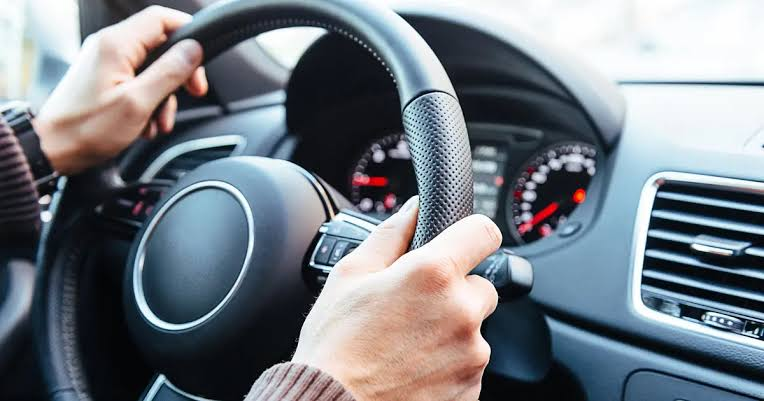How To Save Money On Gas: Effective Driving Tips
For most people, a car is a necessity. Thus, it is important to learn how to save money on gas. There are some effective driving tips to stop wasting money. To learn more, keep reading this article!
Saving money on gas involves minimizing unnecessary trips or detours. Planning your errands efficiently and avoiding driving aimlessly help ensure saving money on gas. Making mindful choices daily helps reduce fuel expenses and save more money. Additionally, as a parent, you should encourage your children to be aware when making transportation choices. Use public transportation or ride-sharing services to reduce your reliance on your vehicle. By doing so, your children and money savings will be part of the best results you wish for.
Impulse buying can lead to unnecessary trips to the store. To avoid this, make a shopping list and stick to it to reduce trips and save gas. If you buy items you plan for, you’ll likely fill your shopping cart with things you need. This efficiency can translate into fewer shopping trips and less fuel consumption in the long run.
If you want to know some practical driving tips and learn how to save money on gas, continue reading!
I. How to save money on gas: effective driving tips
All of us are trying to save money on gas these days. Also, we cannot deny that everyone is complaining about the increasing gas prices. This has a significant impact on a person’s budget, especially for those who rely on their vehicles for daily transportation. People are trying to figure it out while asking why it goes this way. However, complaining won’t do any good. Individual driving habits can influence the fuel efficiency of a vehicle and, consequently, the amount of money spent on gas. Thus, apply effective driving habits that help you save money on gas.
Adopting fuel-efficient habits, such as car maintenance, constant driving, cutting down on idling, and refraining from aggressive driving techniques like sudden braking and acceleration, can help save money on gas. These habits can lead to greater fuel efficiency and, in turn, lower the overall cost of gas.
III. Eight ways to stop wasting money on gas
If you’re asking how to save money on gas, try to apply these effective ways that help you stop wasting money on gasoline for your car.
1. Walk when you can.
Walking is a good exercise. It saves gas and helps increase your savings. Walking promotes a healthier lifestyle, eco-friendly choices, and a more cost-effective and accessible way of getting around. It’s simple but valuable advice for promoting well-being and sustainability. Thus, if you have somewhere you want to visit, try walking.
2. Don’t be a speed demon.
Driving too fast burns more fuel than a slower takeoff. Gradually increasing your speed conserves fuel and is safer. Learn to drive smoothly and efficiently. Don’t be an aggressive driver. By doing so, you can save gas while ensuring your safety.
3. Combine trips
Combine multiple errands into as many trips as possible to reduce the number of journeys you make, helping you to save gas and money. Fewer trips mean less fuel consumption. This strategy can help reduce fuel consumption, save time, and minimize the environmental impact. It’s a simple yet effective way to be more efficient in your daily activities.
4. Reduce vehicle load
Reducing the weight or cargo carried by a vehicle is typically done to improve safety, fuel efficiency, and overall performance. It involves removing unnecessary items, distributing weight more evenly, or limiting the amount of cargo a vehicle carries. Reducing vehicle load is particularly important for trucks, cars, and other vehicles to maintain functionality and prevent wear and tear.
5. Keep your speed constant.
Maintaining a constant speed conserves fuel. Keeping your speed steady is a prudent driving practice that promotes safety and a more pleasant driving experience for both the driver and other road users. It is an essential aspect of safe and efficient driving.
Cruise control is a practical way to achieve the goal of keeping your speed constant, which enhances fuel efficiency and overall driving comfort, especially during long trips on highways. However, it’s essential to be mindful of the road conditions and traffic, as there are situations where cruise control may not be suitable or safe.
6. Stay alert
Being attentive lets you see potential road issues earlier, reducing the need for sudden braking or acceleration. Staying alert while driving is vital for personal safety and the safety of others on the road. It involves a combination of attentiveness, obeying traffic laws, minimizing distractions, and being prepared for various driving conditions. By remaining vigilant and responsible, you can significantly reduce the risks associated with driving and contribute to a safer road environment.
7. Don’t slam on your brakes.
Sudden braking wastes gas. It took fuel to reach your speed; slamming the brakes dissipates that energy as heat. Smooth, gradual braking is more fuel-efficient than aggressive, sudden stops. By avoiding slamming on your brakes, you can improve your vehicle’s fuel economy while avoiding the costly repairs and replacements of your brake pads, rotors, and tires.
8. Tire pressure is important.
Incorrect tire pressure can significantly impact your vehicle’s fuel efficiency. Under-inflated tires increase rolling resistance, which forces the engine to work harder and consume more fuel. Properly inflated tires improve gas mileage. On the other hand, under-inflated tires create more rolling resistance, which consumes more fuel. Thus, maintaining the correct pressure helps control your gas mileage while saving you money.
By following these tips, you can save money on fuel, reduce your environmental impact, and make your driving experience safer and more efficient.
Conclusion
The driver holds the primary responsibility for reducing gas expenses. The way we drive and how well we maintain our cars are just as important as the kind of car we drive. In the long run, we can save money by driving more fuel-efficiently. Some of these habits include idling less, staying at a constant speed, and avoiding pointless trips. Additionally, regular car maintenance is also essential, including checking the engine and maintaining correctly inflated tires. Learning how to save money on gas ultimately comes down to the choices and actions of the driver.




